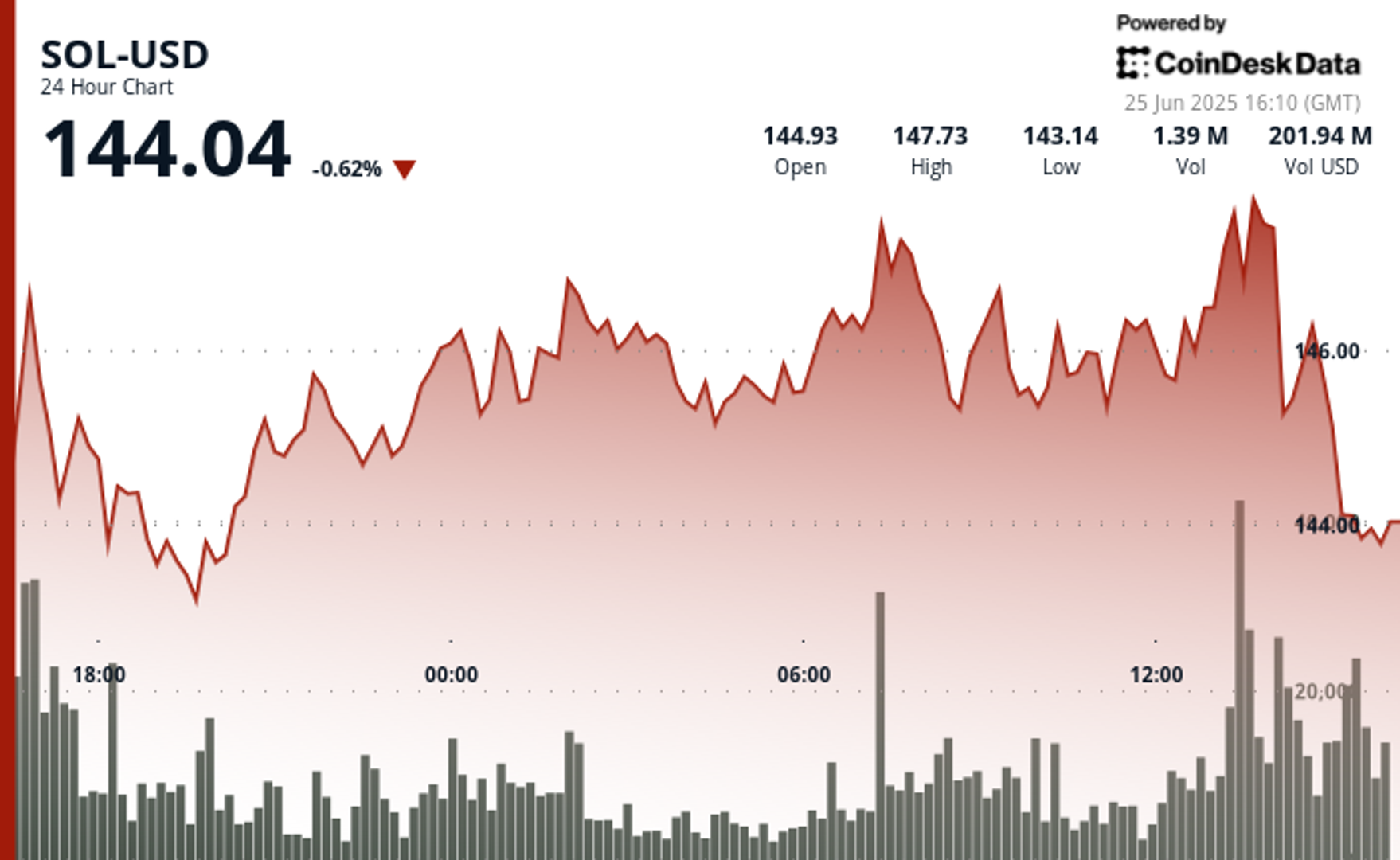People are ditching protein powder for their gut health. Here’s what experts have to say
People on social media have complained protein powder is causing excessive gas and bloating. Here's what experts think.

Protein powder has remained one of the most popular supplements, making up the largest share of the overall protein supplement market, which was valued at $5.83 billion in 2022 globally. Although some research indicates some types could be contaminated with dangerous toxins, the supplement is a quick, easy way to hit your protein goals without having to cook up a chicken breast or steak.
“I think it’s a really simple, easy way to help folks meet their protein needs,” registered dietitian Abbey Sharp tells Fortune. She says most Americans aren’t deficient in protein, but “there are so many benefits to getting 25 to 30% of your calories from protein.”
Those include feeling full and satisfied after meals, building muscle mass (which is especially important as you age), supporting weight loss, and your hair, skin, and nail health.
But as protein powder becomes a staple in more people’s diets, there is growing chatter that it’s causing stomach issues, as social media users blame the supplement for their bloating and gas. Here’s what experts think.
How protein powder ingredients affect your gut
There are multiple reasons that protein powder could irritate the stomach, according to registered dietitian and professor of nutrition at NYU, Ethan Balk. Whey protein in particular could be a likely culprit.
“It could be because of lactose intolerance,” Balk tells Fortune. Whey protein powder comes from dairy, and some may experience bloating and gas because their body has trouble digesting the lactose, Balk says. While Sharp says a possible solution is switching from whey protein concentrate to whey protein isolate, she cautions that isolate, which contains casein, could still cause bloating and nausea for some. In that case, you may want to try swapping whey protein for a plant-based protein to see if that helps, Balk says. If you’re still having issues, you could forgo protein powder or try supplementing with a probiotic, he adds.
Other potentially irritating ingredients include fermentable fibers like inulin and carrageenan, gums and thickeners like xanthan gum, and sugar alcohols that can produce gas as a byproduct and trigger stomach discomfort, Sharp says. You could try looking for protein powders without those ingredients and with sweeteners like monk fruit extract instead of sugar alcohols, which Sharp says is easier on the stomach.
Don’t overlook fiber
An important thing to remember, Sharp says, is to not to not overdo it on protein powder to the point it displaces other vital nutrient-packed foods in your diet, which could be another cause of stomach issues.
Without enough fiber in your diet—from plants like whole grains, legumes, fruits, and vegetables—you’re going to have stomach issues, regardless of the protein powder, Sharp says.
“A serving of protein powder a day is absolutely safe for folks to consume, especially when you’re combining that with…other sources of lean protein,” Sharp says. “It’s not that the protein itself is causing the issue, especially when eating plant-based sources of protein. The challenge comes when replacing other gut-supporting nutrients like fiber.”
Why protein powder might overwhelm the gut
Both Sharp and Balk agree that there’s one pretty substantial reason why protein powders could be causing stomach issues: too much protein, too fast.
“It can slow gastric emptying,” Balk says, which means the protein will hang out in the stomach a bit longer and cause that unwelcomed discomfort. Additionally, having 25 to 30 grams of protein in just a few minutes in the form of a shake or smoothie can overwhelm the gut and lead to more bloating and gas, Sharp explains.
“It’s really easy to down a protein shake in a couple gulps versus how long it takes to eat a steak,” Balk adds. “It’s not so much about avoiding ingredients, it’s about slowing down consumption.”
Balk advises slowing down when you sip on a protein shake to help lessen the impact it has on your stomach.
“It’s not designed for stomach comfort. It’s designed to get a lot of protein in. That sets us up for probable or possible stomach distress,” he says.
It also might help to break up your protein intake—if you normally have two scoops of favorite protein powder in the morning, Balk recommends having one scoop in the morning and another later in the day so you don’t overwhelm your stomach all at once.
“It doesn’t matter when you’re ingesting the protein, it’s all going to do its job. It doesn’t need to be in one shot to work,” he says.
For more on protein:
- Starbucks responds to America’s protein craze by testing a special new latte
- Your protein needs change as you get older. Here’s how much you should be eating at every age
- Here’s exactly how much protein you need based on your workout routine
This story was originally featured on Fortune.com










![What Is a Markup Language? [+ 7 Examples]](https://static.semrush.com/blog/uploads/media/82/c8/82c85ebca40c95d539cf4b766c9b98f8/markup-language-sm.png)

























































































































































































